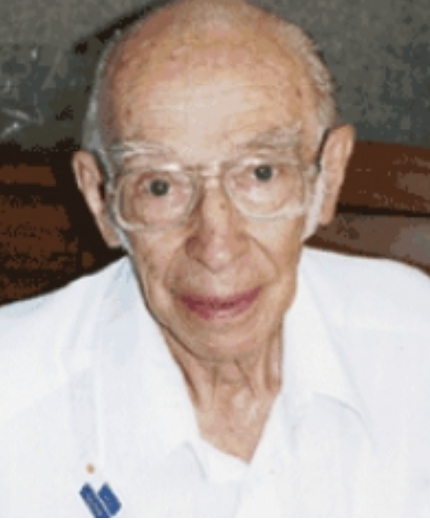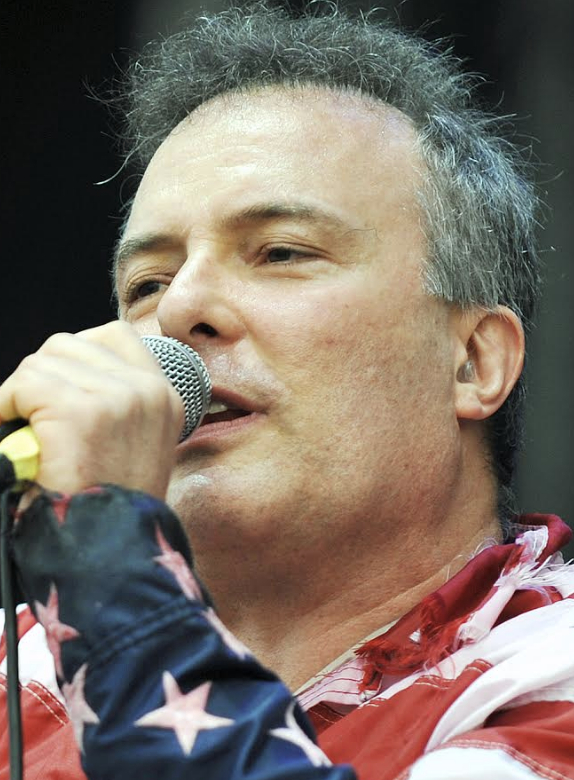June 17
Bible Reading in Public Schools Halted

On this date in 1963, the U.S. Supreme Court issued its decision in Abington Town School District v. Schempp, 374 U.S. 203, barring bible reading in public schools. The case, brought by Ed Schempp and his family, challenged a Pennsylvania law requiring that “at least ten verses from the Holy Bible shall be read, without comment, at the opening of each public school on each school day. Any child shall be excused from such Bible reading, or attending such Bible reading, upon the written request of his parent or guardian.”
Schempp, with his wife Sidney and two of their three children, brought suit. (The eldest, Ellery, graduated from high school so was dismissed from the case but was the original instigator of the complaint.) The religious exercises were broadcast into each class through a public address system and were conducted under the supervision of a teacher by students. They concluded with the Lord’s Prayer, with students asked to stand and recite the prayer in unison following a flag salute.
Joined to the Abington case was Murray v. Curlett, challenging a similar practice adopted by the Baltimore School Board requiring reading, without comment, a chapter from the “Holy Bible” and/or the Lord’s Prayer to open the school day. The Abington decision followed the 1962 Engel v. Vitale Supreme Court decision, ruling classroom prayer unconstitutional in public schools. Ed Schempp, who died in 2003, was a longtime member of the Freedom From Religion Foundation and an honorary officer.
© Freedom From Religion Foundation. All rights reserved.“The place of religion in our society is an exalted one, achieved through a long tradition of reliance on the home, the church and the inviolable citadel of the individual heart and mind. We have come to recognize through bitter experience that it is not within the power of government to invade that citadel, whether its purpose or effect be to aid or oppose, to advance or retard. In the relationship between man and religion, the State is firmly committed to a position of neutrality.”
— Justice Tom Clark, majority opinion in Abington Town School District v. Schempp (1963)
Jello Biafra

On this date in 1958, musician Jello Biafra (né Eric Reed Boucher) was born in Boulder, Colo., to Virginia (Parker) Boucher, a librarian, and Stanley Boucher, a psychiatric social worker and poet. Biafra is one-eighth Jewish but was unaware of that until the mid-2000s. He grew up in a secular household.
After high school he worked as a roadie for a punk rock band, enrolled at the University of Southern California-Santa Cruz and co-founded a San Francisco group in 1978 that became the Dead Kennedys, known for its politically themed songs, some laced with profanity. He adopted his stage name, mixing the gelatin dessert Jell-O with the short-lived west African nation Biafra.
He and Dead Kennedys guitarist East Bay Ray started the independent record label Alternative Tentacles in 1979. It lost the rights to Dead Kennedys recordings after a 2000 lawsuit. Biafra wrote the lyrics for the band’s 1981 EP “In God We Trust, Inc.,” which scorned organized religion (“Religious Vomit”) and neo-Nazis, among other targets. The band broke up in the mid-’80s and he began recording spoken word albums, joined the group Lard and formed Jello Biafra and the Guantanamo School of Medicine, performing for the first time on his 50th birthday.
The band canceled a 2018 show in Tel Aviv due to political unrest over the Palestinian situation. Biafra ended up going by himself, and in an article titled “Thoughts On Visit to Israel” (alternativetentacles.com, 5-24-18) wrote: “I have heard many times on both sides of the pond that ‘The problem is not the Israeli Jews. It’s the right-wing American Jews.’ ” He continued: “The bottom line, as one person at the table put it — can democracy survive religion? ‘A little bit of God is a dangerous thing.’ ”
Biafra married singer Theresa Soder, stage name Ninotchka, on Halloween 1981 in a cemetery. The ceremony was officiated by Flipper vocalist/bassist Bruce Loose, who became a Universal Life Church minister to marry them. They divorced in 1986.
PHOTO: Biafra performing in 2010 in Hradec Kralove, Czech Republic; photo by yakub88 / Shutterstock.com
“I’m not religious, music is my higher power, and I never know what’s coming next.”
— Interview, Kerrang! magazine (Jan. 14, 2021)
